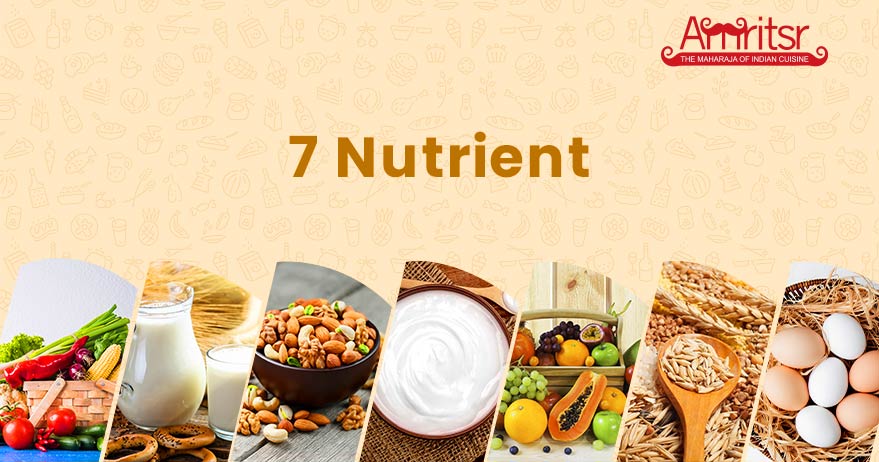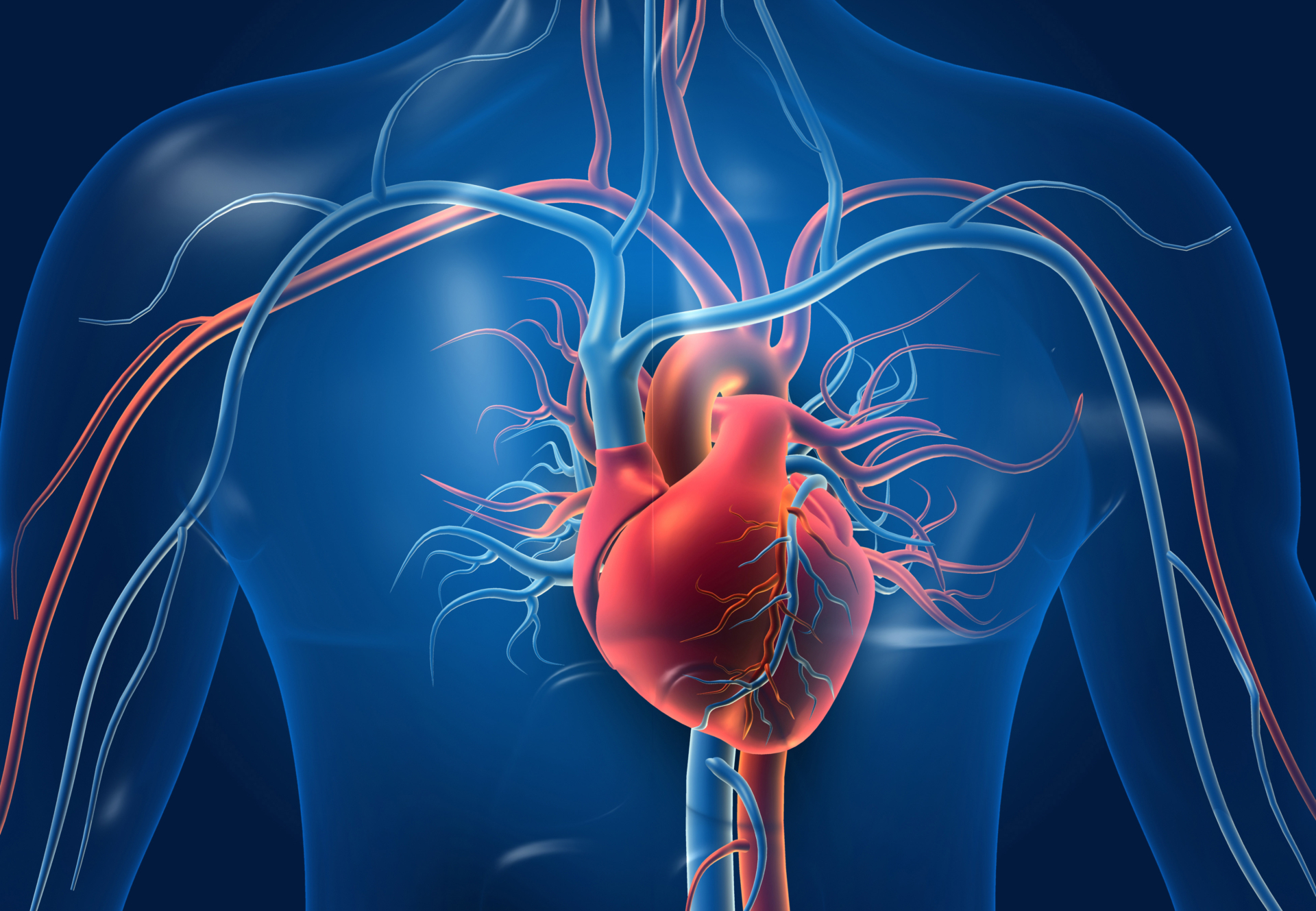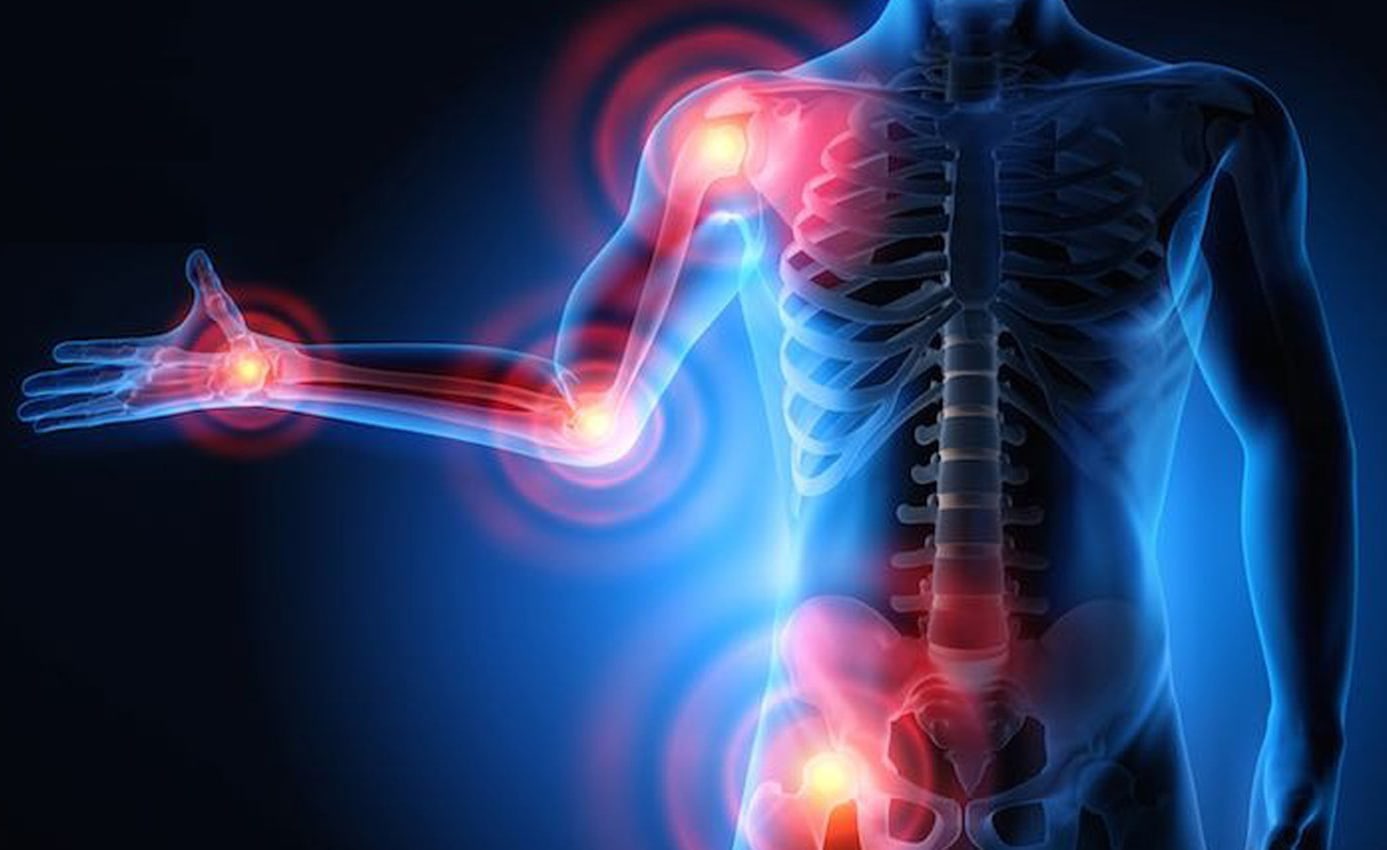Hello everyone and welcome to today's post where we'll be discussing the role of nuts and seeds in promoting longevity. Nuts and seeds have been a part of human diets for thousands of years, and recent research has shown that they can provide numerous health benefits, including promoting longevity. In this post, we'll be exploring the top 7 ways nuts and seeds can help improve your health and increase your lifespan. So, whether you're a health enthusiast or just curious about the benefits of incorporating nuts and seeds into your diet, stay tuned for some fascinating insights!.
1, Rich in Nutrients.
Nuts and seeds are incredibly nutrient-dense foods that are packed with fiber, protein, healthy fats, vitamins, and minerals. These nutrients are essential for overall health and can help prevent chronic diseases.
Fiber is a type of carbohydrate that the body cannot digest. Instead, it passes through the digestive system largely intact, providing bulk to stools and helping to promote regular bowel movements. Fiber has also been shown to help lower cholesterol levels, regulate blood sugar levels, and reduce the risk of developing conditions such as heart disease, stroke, and certain types of cancer.
Protein is essential for building and repairing tissues in the body, including muscles, bones, and organs. It also plays a crucial role in the immune system, helping to produce antibodies that fight off infections and diseases.
Healthy fats, such as monounsaturated and polyunsaturated fats, are important for providing energy and supporting brain function. They have been shown to help lower cholesterol levels, reduce inflammation, and improve insulin sensitivity, which can help reduce the risk of developing type 2 diabetes and other metabolic disorders.
In addition to these macronutrients, nuts and seeds are also rich in a variety of vitamins and minerals that the body needs to function properly. For example, almonds are a good source of vitamin E, magnesium, and calcium, all of which are important for bone health and muscle function. Chia seeds are high in fiber, omega-3 fatty acids, and calcium, which can help support heart health and reduce the risk of osteoporosis.
By incorporating nuts and seeds into your diet, you can help ensure that your body is getting the nutrients it needs to function properly and reduce the risk of chronic diseases. So, next time you're looking for a healthy snack, reach for a handful of nuts or seeds and enjoy the many benefits they have to offer!
2, Heart Health.
Nuts and seeds are heart-healthy foods that have been shown to have several benefits for cardiovascular health.
Studies have found that consuming nuts and seeds can help lower LDL (low-density lipoprotein) cholesterol levels, which is often referred to as "bad" cholesterol. High levels of LDL cholesterol can increase the risk of heart disease, but incorporating nuts and seeds into the diet has been shown to have a cholesterol-lowering effect.
In addition, nuts and seeds are rich in monounsaturated and polyunsaturated fats, which are considered to be healthy fats. These fats have been shown to help lower blood pressure and reduce inflammation in the body, which can reduce the risk of developing heart disease.
One study published in the American Journal of Clinical Nutrition found that consuming a diet rich in nuts, seeds, and legumes (such as lentils and chickpeas) was associated with a lower risk of developing heart disease. Another study found that consuming just 1.5 ounces of nuts per day was associated with a 28% lower risk of developing heart disease.
Overall, incorporating nuts and seeds into your diet is an excellent way to promote heart health and reduce the risk of developing cardiovascular disease.
3, Brain Health.
Nuts and seeds are not only great for heart health but also for brain health.
Nuts and seeds are rich in vitamin E, which is a powerful antioxidant that helps protect the body's cells from damage caused by free radicals. Free radicals can cause oxidative stress, which has been linked to various health problems, including cognitive decline and dementia.
Studies have shown that consuming foods high in vitamin E, such as nuts and seeds, may help reduce the risk of developing Alzheimer's disease and other forms of cognitive decline. One study published in the Journal of the American Medical Association found that individuals who consumed the most vitamin E had a lower risk of developing Alzheimer's disease.
In addition to vitamin E, nuts and seeds are also rich in other nutrients that are important for brain health. For example, walnuts are high in omega-3 fatty acids, which have been shown to help improve cognitive function and reduce the risk of developing Alzheimer's disease.
Overall, incorporating nuts and seeds into your diet is an excellent way to promote brain health and reduce the risk of developing cognitive decline and dementia.
4, Anti-inflammatory Properties.
Nuts and seeds are rich in antioxidants and other compounds that have been shown to have anti-inflammatory properties.
Chronic inflammation is a type of long-term inflammation that can occur in the body in response to various factors such as stress, poor diet, and environmental toxins. This type of inflammation has been linked to the development of many chronic diseases, including heart disease, cancer, and diabetes.
However, research has shown that consuming foods that are high in antioxidants and anti-inflammatory compounds, such as nuts and seeds, can help reduce inflammation in the body and lower the risk of developing chronic diseases.
For example, almonds contain high levels of antioxidants, including vitamin E and flavonoids, which have been shown to have anti-inflammatory properties. Similarly, flaxseeds are rich in lignans, which have been shown to have anti-inflammatory effects.
One study published in the American Journal of Clinical Nutrition found that consuming a diet that included nuts and seeds was associated with lower levels of C-reactive protein (CRP), a marker of inflammation in the body.
Overall, incorporating nuts and seeds into your diet is an excellent way to reduce inflammation in the body and lower the risk of developing chronic diseases.
5, Blood Sugar Control.
Nuts and seeds are an excellent choice for individuals looking to regulate their blood sugar levels and reduce the risk of developing type 2 diabetes and other metabolic disorders.
The glycemic index (GI) is a measure of how quickly foods are digested and how they affect blood sugar levels. Foods with a low GI are digested more slowly and have a less significant impact on blood sugar levels. Nuts and seeds have a low GI, which means they are digested slowly and can help regulate blood sugar levels.
Research has shown that consuming nuts and seeds can improve blood sugar control and reduce the risk of developing type 2 diabetes. For example, one study published in the Journal of Nutrition found that consuming a diet high in nuts was associated with a lower risk of developing type 2 diabetes.
Furthermore, nuts and seeds are also rich in fiber and protein, which can help slow down the digestion process and further improve blood sugar control. For instance, chia seeds are an excellent source of fiber, which can help regulate blood sugar levels and reduce insulin resistance.
Overall, incorporating nuts and seeds into your diet is an excellent way to regulate blood sugar levels, reduce the risk of developing type 2 diabetes, and promote overall metabolic health.
6, Weight Management.
Nuts and seeds are a great food choice for individuals looking to manage their weight and improve their overall health.
Nuts and seeds are high in protein and fiber, which are two nutrients that can help you feel full and satisfied after a meal. This can lead to a reduced calorie intake and weight loss over time.
Research has shown that individuals who consume nuts and seeds as part of a healthy diet tend to have a lower body mass index (BMI) and a reduced risk of obesity. For example, one study published in the Journal of Nutrition found that individuals who consumed nuts regularly had a lower risk of weight gain over a five-year period.
Furthermore, nuts and seeds are also high in healthy fats, which can help improve satiety and prevent overeating. For instance, almonds are a great source of monounsaturated fats, which have been shown to reduce hunger and improve feelings of fullness.
It's important to note that nuts and seeds are also calorie-dense, so it's essential to consume them in moderation as part of a healthy, balanced diet. Incorporating nuts and seeds into your diet can be an excellent way to manage your weight and improve your overall health.
7, Cancer Prevention.
Nuts and seeds are a great food choice for individuals looking to reduce their risk of certain types of cancer.
Nuts and seeds are rich in antioxidants and other compounds that have been shown to have anti-cancer properties. For instance, some studies have found that consuming nuts and seeds regularly may help reduce the risk of breast, colon, and prostate cancer.
One study published in the International Journal of Cancer found that consuming higher amounts of nuts and seeds was associated with a reduced risk of colon cancer in women. Another study published in the British Journal of Cancer found that consuming nuts and seeds regularly was associated with a reduced risk of breast cancer in postmenopausal women.
Furthermore, nuts and seeds also have anti-inflammatory properties, which can help reduce the risk of chronic inflammation, a risk factor for many types of cancer.
It's essential to note that while nuts and seeds may have anti-cancer properties, consuming them alone is not enough to prevent cancer. A healthy, balanced diet and lifestyle that includes a variety of fruits, vegetables, whole grains, lean protein sources, and regular exercise are essential for cancer prevention.
In summary, incorporating nuts and seeds into your diet can be an excellent way to reduce your risk of certain types of cancer and improve your overall health. However, it's important to remember that a healthy lifestyle is essential for cancer prevention.
So there you have it, the top 7 ways that nuts and seeds can help promote longevity. From their high nutrient content to their anti-inflammatory properties, these tiny powerhouses are truly amazing for your health. Remember, adding a handful of nuts or seeds to your daily diet can help you reap these benefits and may even help you live a longer, healthier life. Thank you so much for watching, and be sure to hit the subscribe button to stay up to date with our latest posts!







Comments
Post a Comment